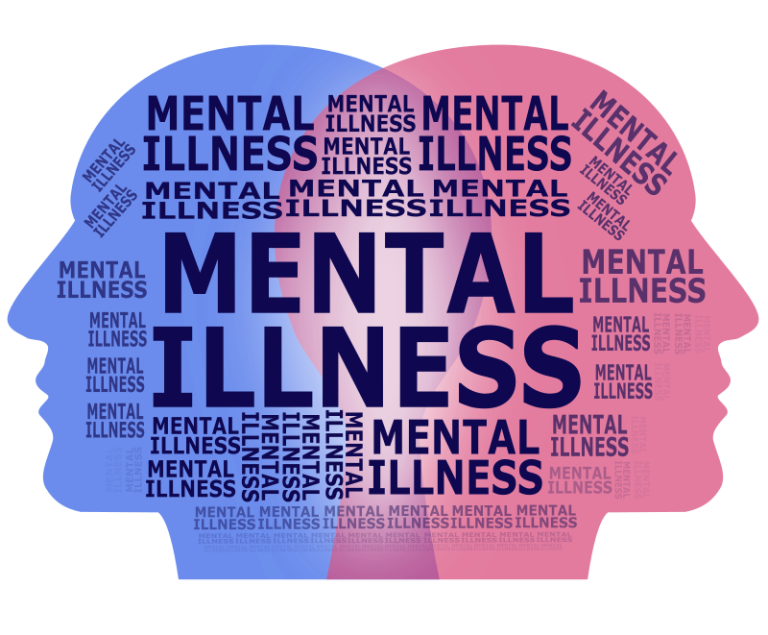Why People with BPD React the Way They Do: New Brain Science Offers Answers for Carers
-
by
Dr Constantina Katsari
- No Comments on Why People with BPD React the Way They Do: New Brain Science Offers Answers for Carers
If you care for someone with Borderline Personality Disorder (BPD), you may have experienced moments that feel confusing or even heartbreaking. One day they might say they can’t live without you, and the next push you away in anger or silence. These sudden shifts can leave carers feeling overwhelmed, unsure, and helpless. But new research from Herzog, Kube, and Fassbinder offers a powerful way to understand what’s happening beneath the surface — and why it’s not about manipulation or choice, but survival.
How the Brain Normally Learns to Predict the World
The researchers use a theory called “predictive processing” to explain how our brains work. In simple terms, the brain is like a prediction machine. It’s always trying to guess what will happen next — whether someone is going to smile back, how we’ll feel in a certain situation, or how others might respond to us. These guesses are based on what we’ve learned from past experiences. When something unexpected happens, the brain updates its predictions to help us adapt and feel more secure next time.
This process works well when a child grows up in a safe, stable environment where emotions are seen and responded to. But when a child’s emotions are ignored, punished, or met with confusion or fear, the brain struggles to build accurate predictions about the world. Instead of learning that others can be trusted and that their feelings make sense, the child learns that the world is unpredictable and unsafe — especially in relationships.
What Childhood Trauma Does to Belief and Emotion
Herzog’s team shows that early emotional neglect or abuse doesn’t just leave a child feeling sad or afraid in the moment — it rewires the brain’s entire prediction system. This rewiring leads to two major difficulties in adulthood. First, the person may lose confidence in their own thoughts and feelings. If they learned early on that being sad made people angry, or that needing comfort led to rejection, they may come to doubt their emotions altogether. Second, because they can’t trust their inner signals, they start relying too much on what’s happening around them. Every small comment, facial expression, or silence becomes magnified and can feel like proof of abandonment or danger.
This is why people with BPD often seem to react strongly to things that appear small from the outside. A late reply to a message, a slight change in tone, or a neutral comment can feel devastating. The brain is working overtime to protect them from expected rejection — even if that rejection isn’t actually there.
The Brain’s Struggle to Update Beliefs
One of the most striking findings in the research is that people with BPD either update their beliefs too quickly or not at all. If someone gives them negative feedback, they may suddenly believe they are worthless. But if someone offers kindness or praise, they may not believe it’s real or lasting. This imbalance — between overreacting to some experiences and being closed off to others — helps explain why their emotions, relationships, and sense of self can feel so unstable.
At the same time, their brains may also hold on tightly to painful beliefs, like “I am unlovable” or “People will always leave me.” These ideas were often learned early on, and they can be hard to shake — even when current experiences suggest otherwise. This means that the person with BPD is caught between a brain that can’t fully trust the present and one that is stuck in the past.
What the Brain Looks Like in BPD
The research also shows what’s happening in the brain itself. People with BPD tend to have changes in areas that control emotion and decision-making. The part of the brain that usually helps calm us down and reflect — the prefrontal cortex — may not be working as well. Meanwhile, the parts that detect threat, like the amygdala, are more active. This creates a brain that is always on alert, ready to defend against danger, even when none exists. These patterns match what many carers see: sudden emotional storms, panic at small triggers, and deep fear of being abandoned.
What This Means for Carers
For families and carers, these findings can offer both relief and direction. They show that the intense reactions seen in BPD are not deliberate choices or attention-seeking behaviours. Instead, they are signs of a nervous system trying to survive in a world it has learned to fear. When we understand that, we can respond with more compassion and less blame — not just for the person we care for, but for ourselves too.
The research also reminds us that while the brain may be shaped by trauma, it can still learn. New, safe experiences can help rebuild confidence and reshape beliefs — but this takes time, consistency, and patience. For carers, that might mean being a steady presence even when things are chaotic, or offering calm reassurance when trust is fragile. It also means taking care of your own emotional wellbeing. The work of supporting someone with BPD is demanding, and you deserve support and understanding too.
At BPD UK, we are committed to helping carers turn insight into action. That’s why we translate research like this into practical tools and peer-led support, so that you can feel less alone and more equipped. This study doesn’t promise a cure, but it offers a powerful shift in perspective. It shows us that behind every sudden mood or broken bond is a brain trying to find safety — and that with the right care, safety is possible.
To read the full research article, visit Cambridge University Press – Predictive Processing in BPD.
💬 Caring for someone with BPD?
👉 Book a FREE One2One support session
🧠 Join our FREE webinars and peer groups
📩 To book email us at: info.bpduk@gmail.com
Discover more from BPD UK
Subscribe to get the latest posts sent to your email.




